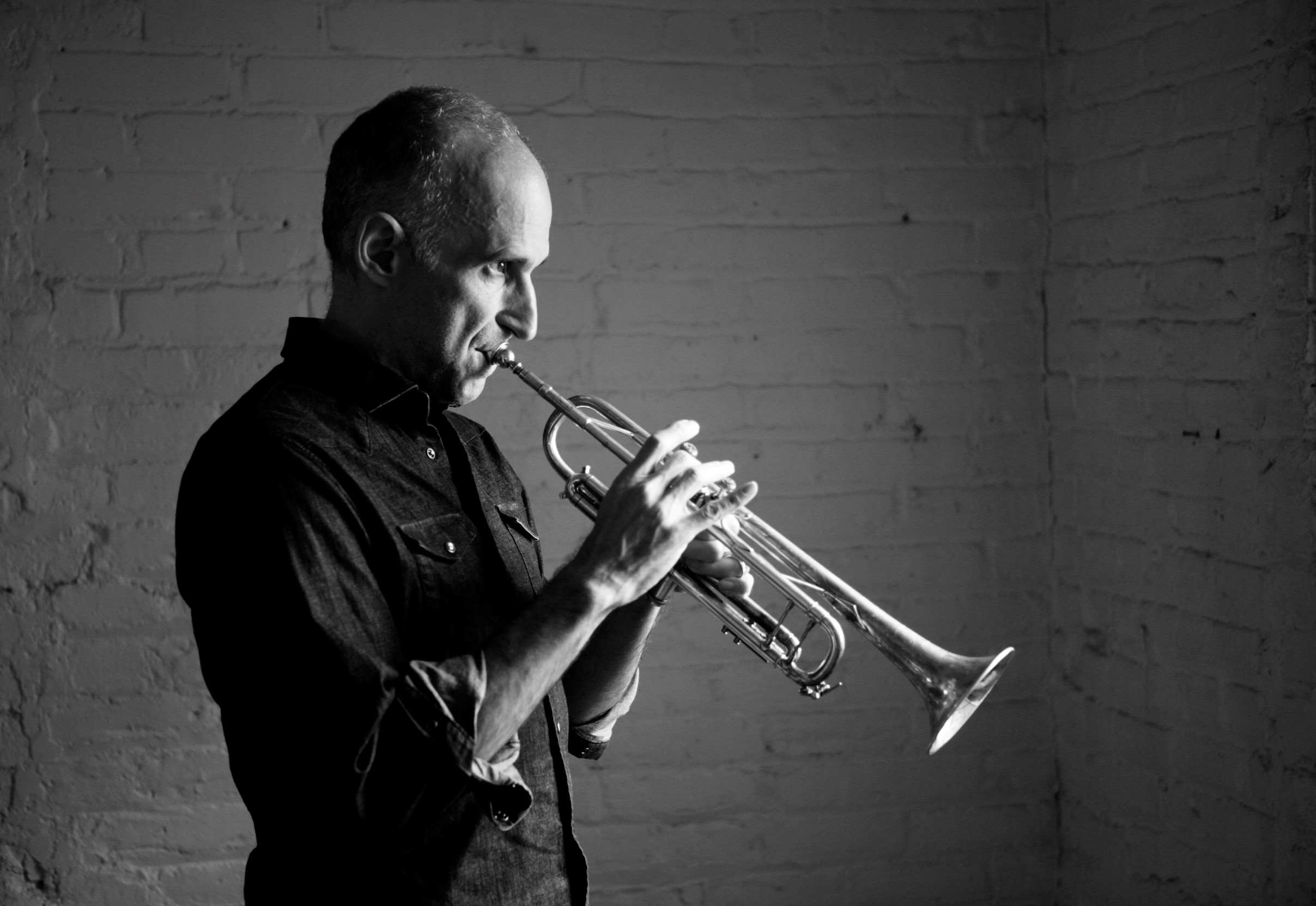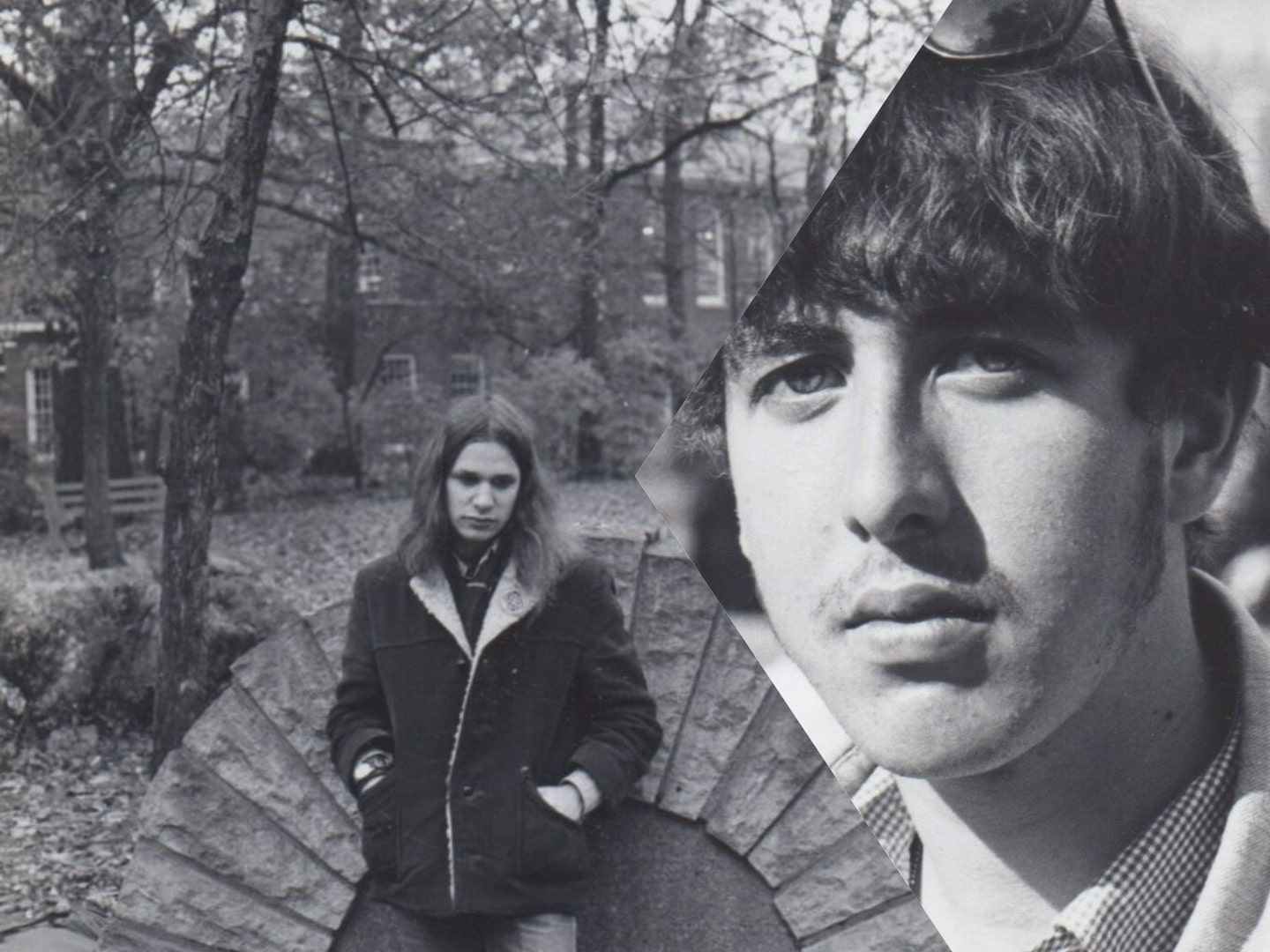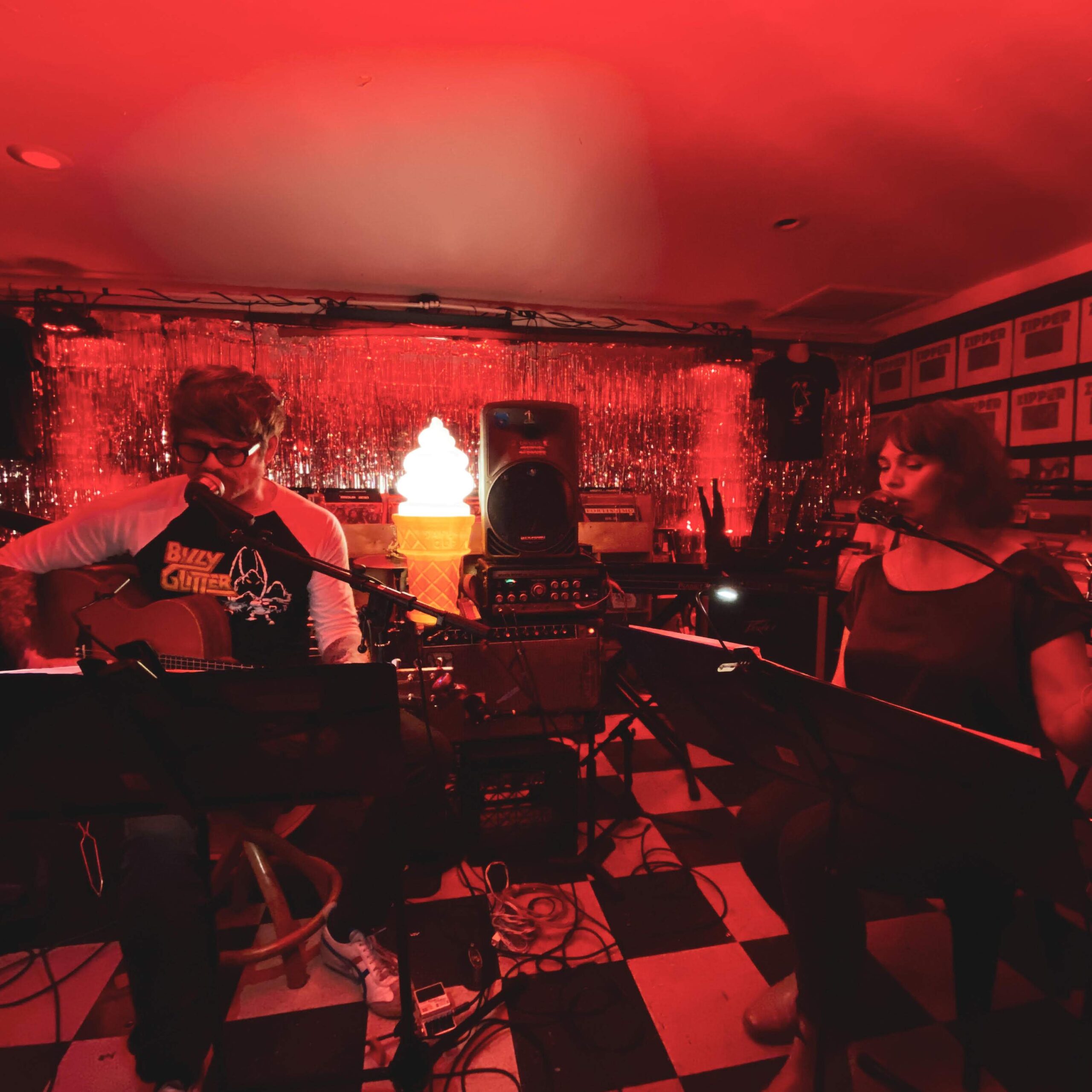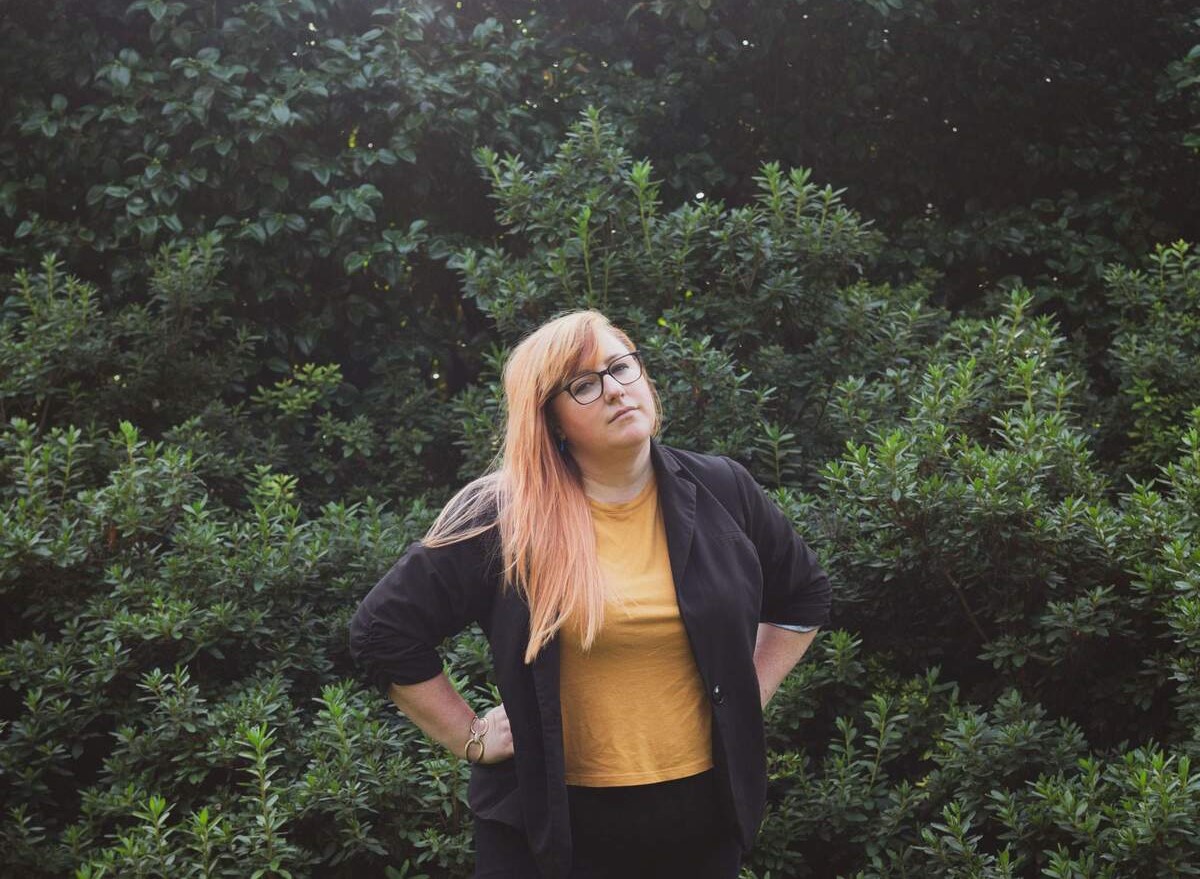Ralph Alessi | Interview | New Album, ‘It’s Always Now’
American jazz trumpeter, composer, and ECM recording artist, Ralph Alessi recently released a new album, ‘It’s Always Now,’ entering different waters with a quartet line-up consisting of Florian Weber on piano, Bänz Oester on bass and Gerry Hemingway on drums.
‘It’s Always Now,’ is not only a continuation of the leader’s work but also records Florian Weber’s evolution on the label, this being his fourth album with ECM to date. His distinctive harmonic approach on keys is as evident in leader settings as in the role of a sideman, and his deep sensibility for Alessi’s pulse enhances this session, which was produced by Manfred Eicher.
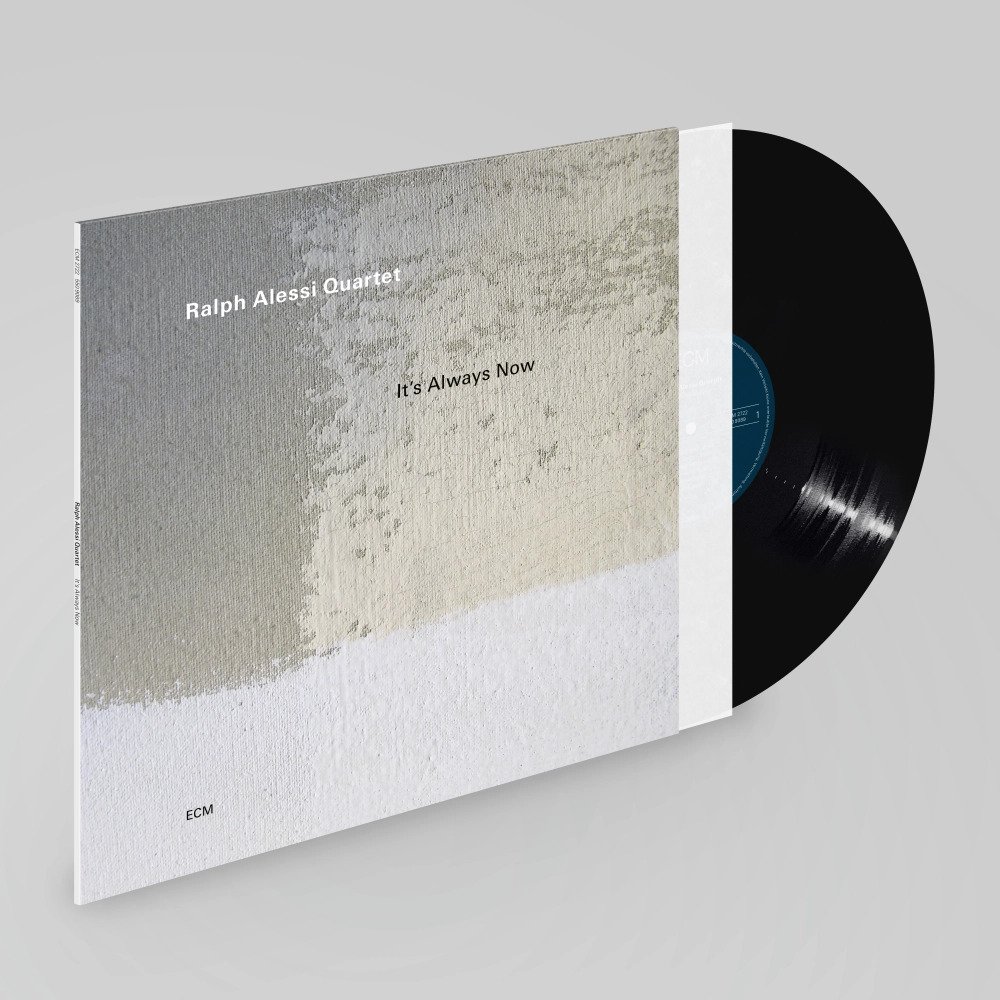
“There’s nothing more interesting in life than the creative process”
What does ‘It’s Always Now’ represent in your ever growing discography of releases? What was the initial idea behind it?
Ralph Alessi: Every record involves a process that begins with “I want to do a record” followed by the questions of with whom I’d like to record, what music, how many gigs do we play before, how many rehearsals, et cetera. This was no different than what happened with my previous records. Each experience involves a process of getting to know the music, the players and what they offer (in addition to limitations) and the same goes for myself. There’s nothing more interesting in life than the creative process. It’s the idea of bringing something to life or in the worst case, having something die because it wasn’t nurtured probably. This helps inform you as well. Failure….As artists, we are trying to animate the abstract of music or any kind of artistic impulse or idea. I guess the process is analogous to any kind of existential endeavor. I’m happy with the outcome and as with all of my recordings, I learned things that will inform me the next time I record. But ultimately, you start from square one each and every time.
It feels like your previous album for ECM, ‘Imaginary Friends’ initiated that original spark, do you agree? How do you enjoy the role of being the bandleader?
Being an artist is a continuum. The previous record had no more influence on this record than any of my other releases. The inspiration comes from many sources but is mostly from my profound enthusiasm for making records. It’s a lot of fun and that desire to make a good record is the engine that drives me towards the next one. I enjoy the process even when it becomes a fundamentally arduous task. That kind of adversity is a necessary evil and while your instinct is to wanna give up, you hang in there and eventually find the music. While I don’t enjoy every aspect of being a bandleader, I really do love being responsible for setting up the variables that I believe will contribute to the best music (i.e. the players, the compositions, the attitude ). I like to do things under the radar so the part of leading a band where I am front and center is not enjoyable. I’m not gonna lie about that!
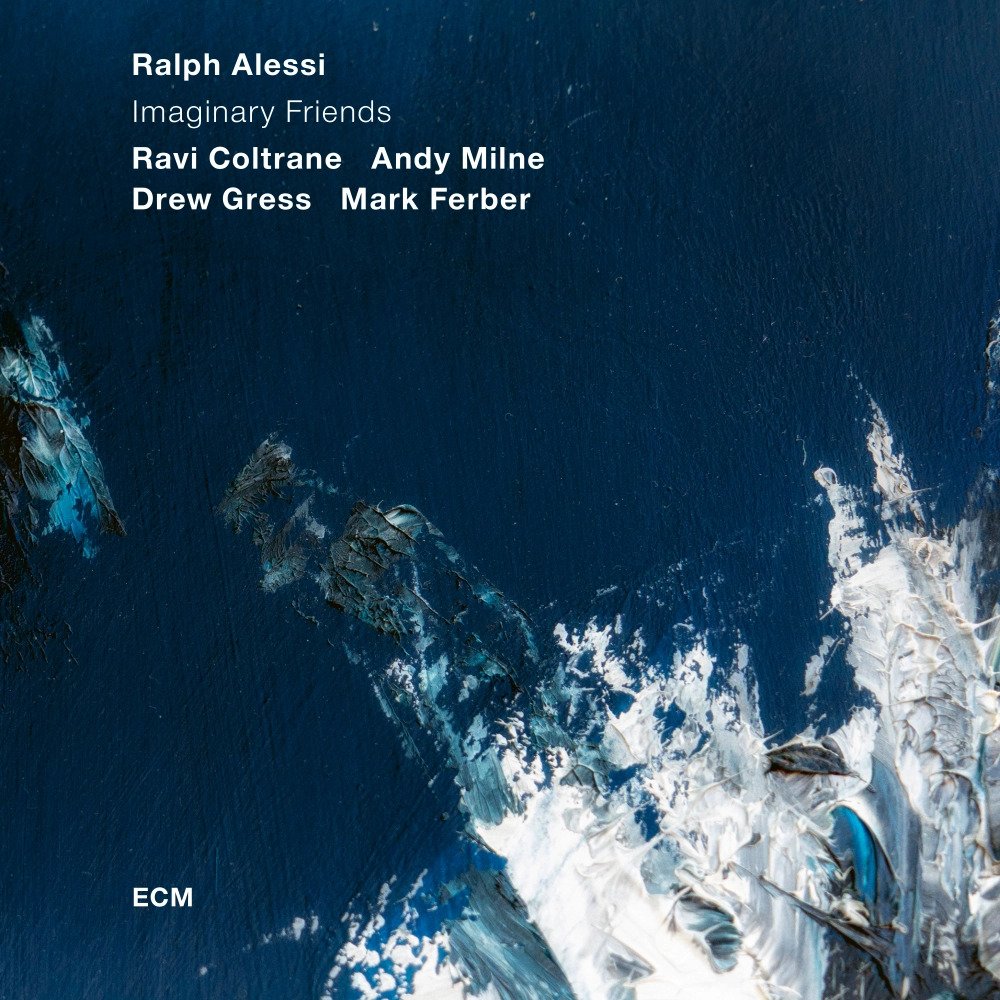
You have a new line-up of musicians consisting of pianist Florian Weber, bassist Bänz Oester and drummer Gerry Hemingway. Would you like to elaborate how the lineup got together?
I had just moved to Bern to start a job at the HKB and thought it would be a good opportunity to record with some new musicians. I had a history with Florian but Gerry I only knew in passing and I had never played with Bänz. We played a couple of gigs prior to the record and I liked the feeling as we explored the music. That process continued during the session as the music evolved from the 1st day of recording to the second day. A challenging but ultimately satisfying experience.
“I like that the record oscillates between the duo and quartet pieces”
As being your fourth album on ECM label, how would you compare the latest release with the previous one and what in your opinion is a key difference when it comes to your composition?
From record to record, I don’t compose in any different way. The difference is having a sense for the best way to play the pieces with each particular group. Ideally you want to help set up an atmosphere that is hopefully the most conducive for the best music. One glaring difference with this record compared to ‘Imaginary Friends’ is that Florian and I recorded as a duo for the first two hours of the recording session. I had never done that during a duo record and this idea came late in the process. I like that the record oscillates between the duo and quartet pieces. The results are what I was hoping for.
Would love it if you could share some further words about the recording and producing process behind ‘It’s Always Now’.
As I said, the momentum came on the second day of recording. Sometimes, the music is not ready. There’s nothing wrong with that as long as you have the time to find it. I love hearing those recordings of Miles Davis working out the music in the studio during those classic records with the second quintet. I am on the road right now with a band and the music is evolving. To me it’s one of the main reasons I do this. It’s so interesting to think you know what something is (music) only to be continually surprised with how mutable it can be. Again, it takes the right music, in the moment decisions and the players.
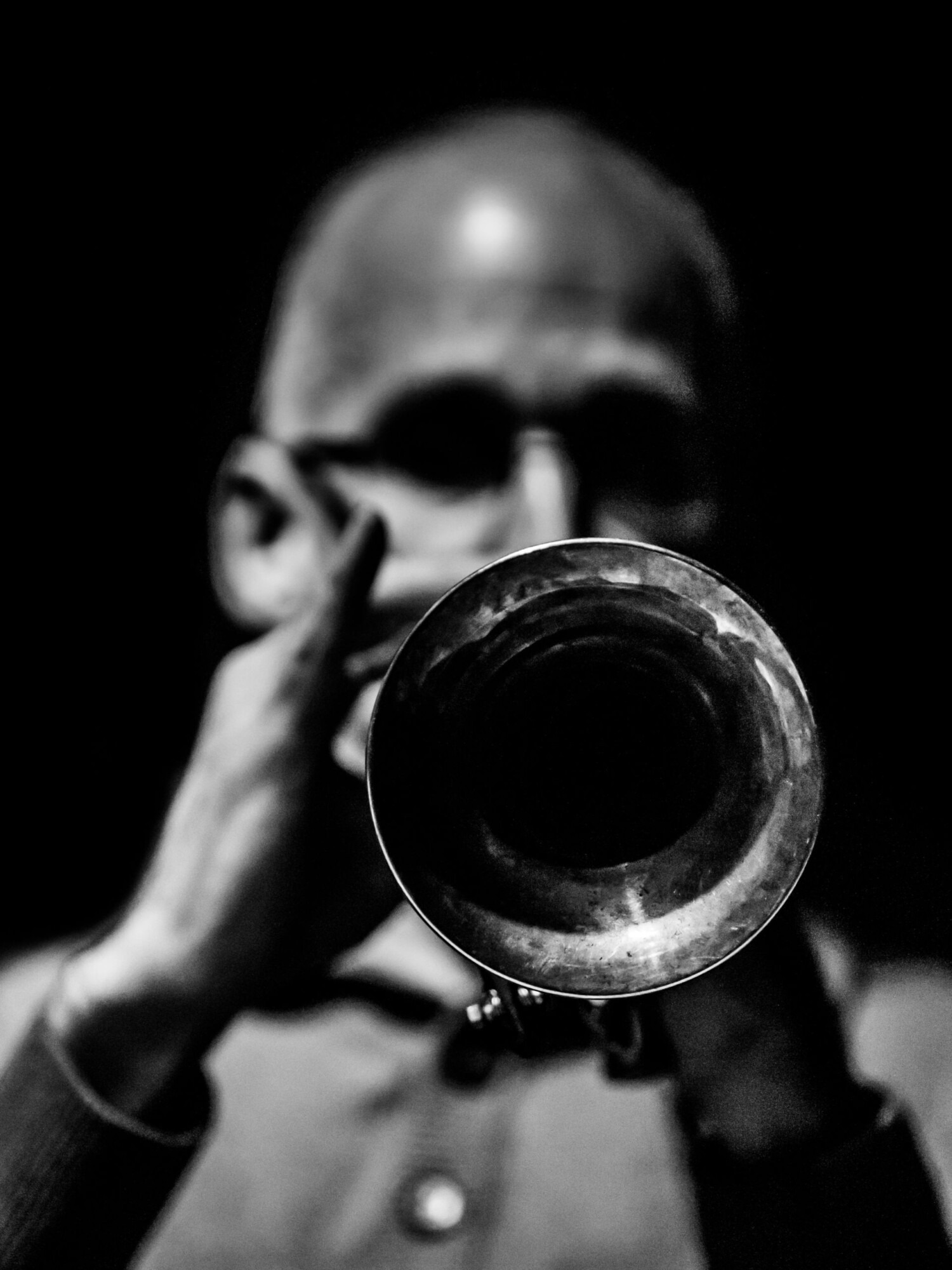
Do you discover new aspects of your songs developing in front of an audience?
I do put credence in how audiences react to certain pieces. There are tendencies in pieces they seem to like. For example, the more a piece has a trance-like quality to it, there’s a tendency that audiences will respond more favorably. It’s so easy to step into the trap of doing too much with the music. But when you settle into something and give the listener a chance to fully experience it, they tend to reward you with more gratitude.
What are some of the most important players that influenced your own style and what in particular did they employ in their playing that you liked?
The list is long!
Clifford Brown (his perfection and trumpet playing), Kenny Wheeler (I was inspired because he sounded like a classical player who could play in such an interesting way), Miles Davis (his artistry and sensibility for leading a band). And there’s such as Baikida Carroll, Olu Dara, Lee Morgan, Woody Shaw, Tom Harrell, Wadada Leo Smith, and classical players such as Armando Ghitalla and my father Joseph Alessi. I could also list a bunch of non trumpet players as well. Anything that catches your attention and stays with you becomes an influence.
What are some future plans for you now?
Playing gigs this summer with my old band This Against That. Co-writing a book for trumpet and improvisation with Dave Ballou. And planning for my next record on ECM. Starting to write music and mulling over different ideas. But excited that it will involve my brother Joe.
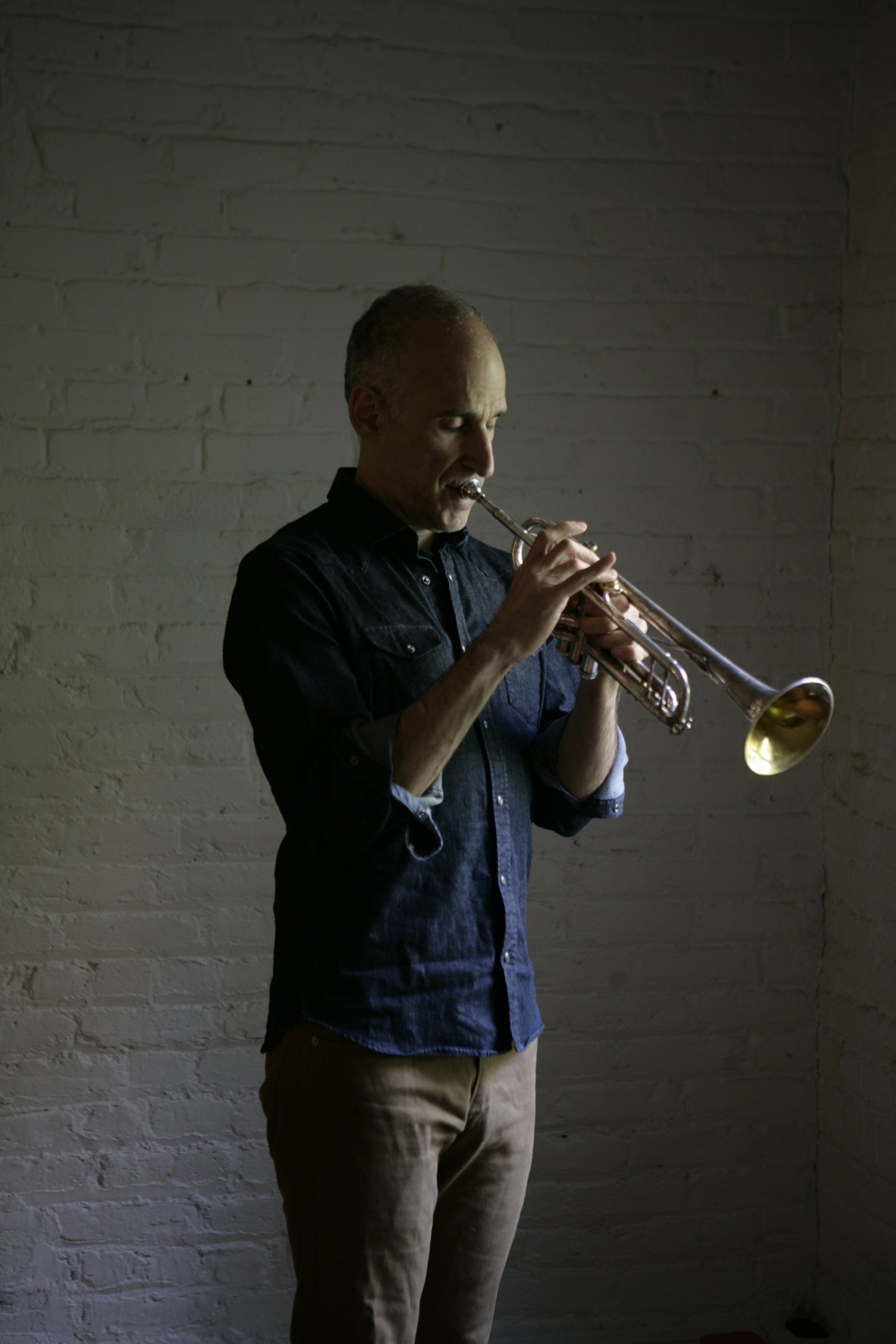
Thank you for taking your time. Last word is yours.
Thank you for your interest in talking to me! I guess my last thought is that I am eternally grateful for making the decision to attend California Institute of the Arts in 1984. There I studied with Charlie Haden, James Newton among others and met lifetime friends and music making partners such as Scott Colley, Ravi Coltrane, Michael Cain, David Ake, Peter Epstein, James Carney and others. I can’t imagine having such a fulfilling life of making creative music if it wasn’t for that experience.
Klemen Breznikar
Ralph Alessi Official Website / Facebook / Instagram
ECM Records Official Website / Facebook / Instagram / Twitter / Bandcamp / YouTube

